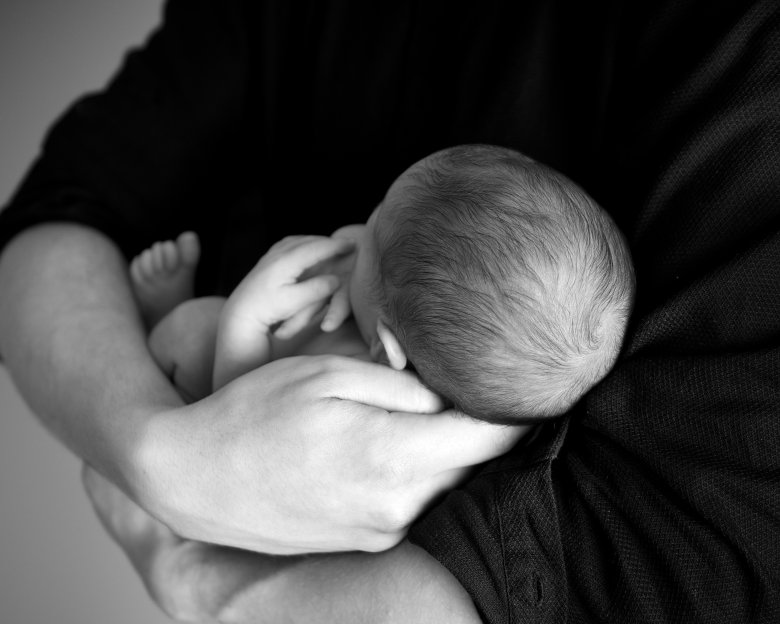- December 18, 2025

Breastfeeding reduces the risk of breast cancer in women in the future, according to experts from the European Code Against Cancer. An analysis of studies carried out in 30 countries has shown that the probability of developing cancer decreases by about 4% when the mother breastfeeds the baby for 12 months after the first birth. Each subsequent birth and 12-month period of breastfeeding leads to a further 7% reduction in the risk of cancer. Breastfeeding also protects against other diseases and accelerates the return to shape.
- Breastfeeding reduces the risk of bleeding after birth. The risk of postnatal anaemia, breast cancer and, in the distant future, ovarian cancer is lower," says newsrm.tv Dr Krystyna Cygan, gynaecologist, Institute of Mother and Child.
Breast cancer is the second most frequently diagnosed malignant cancer after lung cancer. According to recent studies, breast cancer incidence rates have increased on average by about 30% over the past 25 years. This disease belongs to the group of malignant neoplasms. It is formed from the cells of the mammary gland and can develop both locally and cause metastases to the lymph nodes and internal organs (including, for example, the liver or lungs). In the initial stage it runs almost asymptomatic. Then, the developing cancer is often accompanied by lymphadenopathy on the breast side, and in the further stages of the disease, also by cervical and supraclavicular lymphadenopathy.
Take care of proper prevention
Detecting cancer at an early stage gives the patient a good chance of a cure. However, prevention is better than cure. That is why it is worth using the so-called primary prophylaxis, which consists of actions to prevent the disease. Such activities include daily physical activity, a well-balanced diet, reduction of alcohol consumption, as well as breastfeeding.
It is well known that natural feeding is an important part of a child's health prevention. The World Health Organisation (WHO) recommends that babies should only be breastfed until the end of the sixth month of age. Thanks to natural feeding, we provide the baby with immune protection and reduce the risk of developing a number of diet-related diseases in the future. During the first 1000 days of a child's life since conception, i.e. also during breastfeeding and dietary expansion, the child's brain develops intensively, the immune system is formed, the digestive system matures and its metabolism is programmed. It is also the moment when the baby's first eating habits are formed. At this time, mother's milk is the most valuable food for the baby. Moreover, studies show that breastfeeding is extremely beneficial not only for the health of the baby, but also for the mother's organism. It helps to reduce the risk of postnatal bleeding, increase bone remineralization and reduce the risk of ovarian and breast cancer in the post-menopausal period. It is now believed that breastfeeding reduces the risk of these conditions by:

What do we know about the causes?
In Poland, breast cancer patients account for about 23% of the total number of cases of female cancer. Men are extremely rarely affected by this disease. It is estimated that out of a hundred patients struggling with this disease, only one of them is male. Factors increasing the risk of breast cancer among women are also mentioned:
Breastfeeding and what else...?
Unfortunately, a big problem in Poland is the low effectiveness of breast cancer treatment caused mainly by patients' reluctance to have prophylactic checkups. The vast majority of patients report to an oncologist only when the disease is at an advanced stage. This shows that they do not use so-called secondary prevention, which is defined as a regular breast examination - both independent and clinical - and enables the detection of cancer at an early stage of the disease. Control tests should not be underestimated.